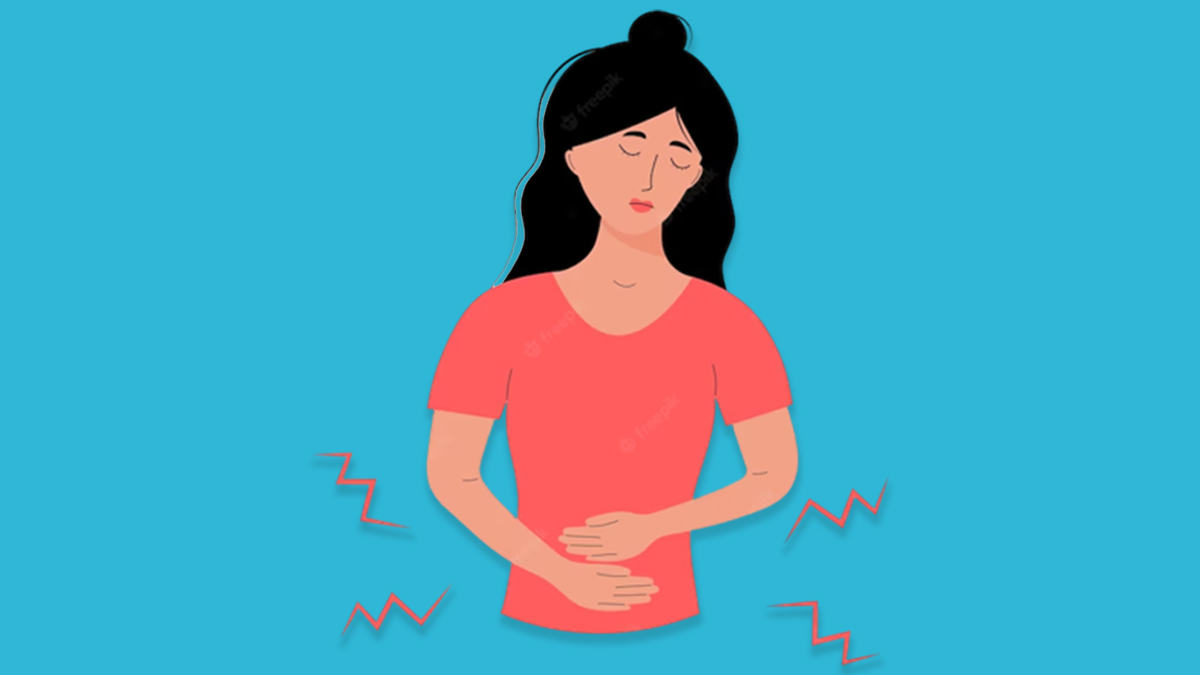
A pile, also known as haemorrhoids, is a swelling in the anal canal, which is the lower end of the intestine where you pass your stool. In some circumstances, the anal canal may enlarge and bleed. They begin to bleed on and off as the size increases.
There are other treatment methods for piles available, but ayurvedic treatments provide a natural approach to pile management.
What Is Piles (Hemorrhoids)
“Piles are swollen blood vessels located in the rectum or anus. They can cause pain, itching, bleeding, and discomfort during bowel movements. Piles can be internal (inside the rectum) or external (under the skin around the anus),” said Dr Ganesh Chaudhary, Bachelor of Ayurvedic Medicine and Surgery (BAMS), PHC, Darbhanga, Bihar.
Ayurvedic Approach to Piles
Ayurveda, the ancient Indian system of medicine, views piles as a result of imbalances in the body's doshas, primarily Vata and Pitta. Ayurvedic remedies aim to restore balance and alleviate the symptoms associated with piles.
1. Dietary Modifications
Ayurvedic treatment begins with dietary changes. A high-fibre diet with plenty of fruits, vegetables, and whole grains can soften stools and reduce straining during bowel movements.
Drinking warm water or herbal teas, such as ginger or fennel tea, can aid digestion and promote regular bowel movements.
2. Triphala
“Triphala, a herbal formulation consisting of three fruits (amalaki, bibhitaki, and haritaki), is commonly used in Ayurveda to improve digestive health and regulate bowel movements. It can be taken in powder or tablet form under the guidance of an Ayurvedic practitioner,” Dr Chaudhary suggested.
3. Aloe Vera
Aloe vera gel, when applied topically to external piles, can provide relief from itching and inflammation. Ensure the aloe vera used is pure and free from additives.

4. Ayurvedic Herbal Medications
Ayurvedic practitioners may prescribe specific herbal medications to alleviate symptoms and promote healing. These remedies are tailored to an individual's dosha imbalance.
5. Lifestyle Changes
Regular exercise, such as yoga and walking, can improve blood circulation and help prevent piles. Avoiding prolonged sitting on the toilet and straining during bowel movements is essential.
6. Sitz Baths
Soaking the affected area in warm water (sitz bath) can relieve pain and reduce inflammation. Adding natural ingredients like Epsom salt or neem leaves to the bathwater may enhance its effectiveness.
7. Ayurvedic Oil Application
“You can use Ayurvedic oils, like coconut oil or sesame oil, can be applied externally to reduce irritation and discomfort. Ensure the oil is lukewarm, and gently massage it on the affected area,” said Dr Chaudhary.

8. Hydration
Staying well-hydrated is crucial to maintain soft and easily passable stools, reducing the risk of aggravating piles.
Consult an Ayurvedic Practitioner
Ayurveda offers a holistic and natural approach to managing piles, addressing not only the symptoms but also the root causes of the condition. By making dietary and lifestyle changes, using herbal remedies, and seeking guidance from an Ayurvedic practitioner, individuals can find relief from the discomfort of piles and work toward long-term healing.
Always remember that individual responses to Ayurvedic treatments may vary, so it's crucial to follow your practitioner's advice and maintain open communication throughout the healing process.
While Ayurvedic remedies for piles can be effective, it's essential to consult a qualified Ayurvedic practitioner before starting any treatment. They will assess your specific condition, dosha imbalance, and overall health to create a personalised treatment plan.







